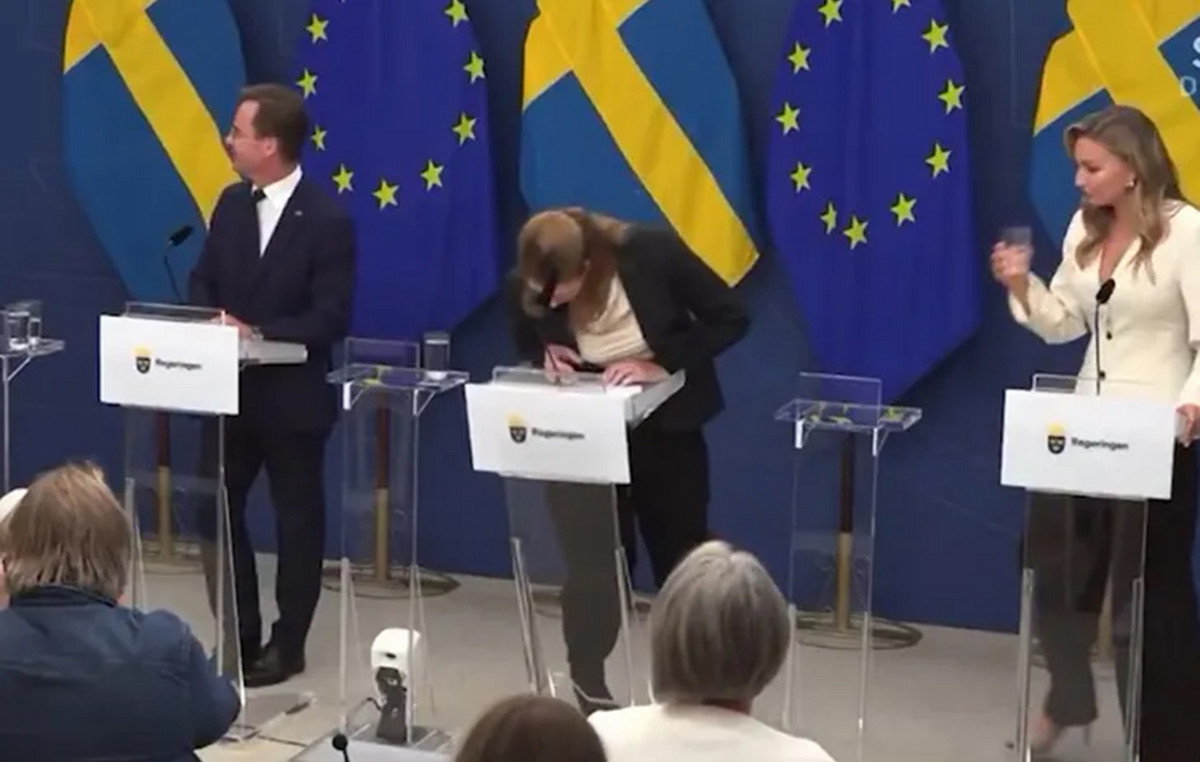- EUR/GBP rebounds after no member voted in favor of a rate hike at the BoE meeting.
- Previously, one of the members had been in favor of an increase in interest rates.
- British PMI data also shows a broad decline in the composite and services sectors, although manufacturing is recovering.
The EUR/GBP pair rises almost three tenths on Thursday at 0.8560, after the result of the Bank of England (BoE) meeting and the British PMI data, generally weaker than expected, weighed on the British pound ( GBP).
The Bank of England left interest rates unchanged at 5.25% at its meeting on Thursday, but the distribution of votes changed and none of the officials voted in favor of an interest rate rise. This marked a change from the one who voted for an increase at the last meeting. Instead, a majority of the council's eight members voted for no change – one more than at the previous meeting – and only one voted for an interest rate cut, as before.
Sterling was affected by the fact that no BoE officials voted in favor of raising interest rates, as higher interest rates are a positive factor for currencies because they attract greater inflows of foreign capital.
Both Eurozone and UK PMI data for March showed a general weakening of the outlook. In the case of the United Kingdom, the S&P Global/CIPS Composite PMI came in below forecasts at 52.9, when 53.1 had been forecast, compared to 53.0 previously.
The UK Services PMI came in below expectations by staying at 53.8, falling to 53.4. The manufacturing sector exceeded expectations and stood at 49.9, compared to the previous 47.5 and the expected 47.8.
In the Eurozone, the HCOB zone composite PMI rose to 49.9, beating estimates of 49.7 and the previous February reading of 49.2.
The Eurozone HCOB manufacturing PMI fell in March to 45.7, which represents a larger contraction than expected (below 50). Economists had estimated a more buoyant rise to 47.0 from 46.5 previously.
The euro zone HCOB services PMI rose to 51.1 in March, beating estimates of 50.5 from the previous 50.2, according to data from S&P Global.
For its part, European economic powerhouse Germany showed a similar trend, with the German HCOB Manufacturing PMI falling to 41.6, below estimates of 43.1 and 42.5 in February. However, there were also unexpected increases in both the services component and the composite figure.
Source: Fx Street
I am Joshua Winder, a senior-level journalist and editor at World Stock Market. I specialize in covering news related to the stock market and economic trends. With more than 8 years of experience in this field, I have become an expert in financial reporting.







